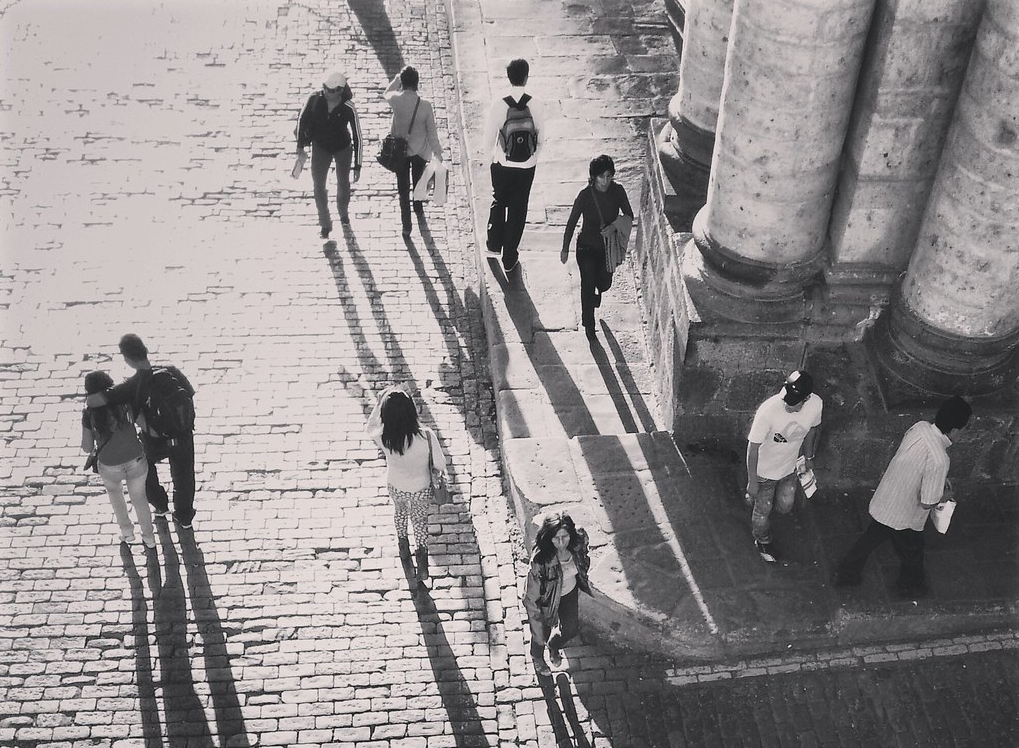A recent workshop on Regional Responses to the Crisis in Latin America addressed the sustained increase in strategies to reduce civic spaces in various countries in the region and the growing pressure on citizens and their rights.
According to a 2020 Civicus report, civic space has shrunk in 22 of 32 countries in the region, and has been suffocated and blocked in 8 of them. Mexico, Brazil and Venezuela – as the most worrying situation – appear to be the most evident cases, but other countries do not escape this general trend.
The rules imposed by quarantines
In fact, in many cases, the pandemic and the quarantine regulations decreed and imposed by governments as part of prevention policies have been used as a pretext to increase control, surveillance and the reduction of civic spaces.
Especially because pre-pandemic trends – which are deepening and accelerating – are being used by some governments – both left and right – to increase authoritarianism and often unconstitutional control over citizens.
If we assume a conception of civic space as an environment in which citizens or civil society organize, debate and act – between states, businesses and the family – in defense of public goods and citizens’ rights, the measures imposed in the framework of the pandemic have accelerated the reduction of these spaces both locally and nationally, as well as regionally and internationally. This situation alarms the international community in general and the international human rights community in particular.
The demand for their rights and for the right to influence public policy, to be able to develop dialogues with decision makers at the governmental and intergovernmental level; the right to associate, express themselves and act freely within the framework of the law, have been severely repressed by various legal, illegal or extra-legal mechanisms – that is, outside the law, eventually with the use of physical violence.
An Orwellian twist
In addition to legal measures and illegal and extralegal mechanisms applied to disempower civil society and reduce its capacity for expression and advocacy – in an Orwellian twist – new technologies have also served to accelerate the repression of civic spaces where citizens express themselves, through various mechanisms of control, surveillance, distortion, censorship and intervention in social networks. New technologies of control and monitoring of citizens are currently important export items to the region for some of the main actors of the international system.
A recent report by the Igarapé Foundation in Brazil sets out a detailed typology of strategies applied to the reduction of civic spaces by governments that include: co-optation, direct or indirect coercion, fake news and misinformation, open censorship, intimidation and harassment, violation of privacy (surveillance of the individual), violation of civil and political rights, restrictions (legal and illegal) on participation and civil involvement. restrictions on funding, physical violence, use of unconstitutional procedures, and abuse of power.
These strategies are being implemented in the context of a complex global transition, which threatens the basic values of the established international system, not only in the economic sphere, but particularly with regard to the values associated with the rule of law and democratic governance, citizen freedoms and human rights in particular. Any Orwellian resemblance to some reality – nearby or far away – is not mere coincidence.
*Translation from Spanish by Emmanuel Guerisoli
Photo by Miguel Vera in Foter.com / CC BY













